I’d argue that Alexander Payne is one of the best directors making movies today, but his latest effort Nebraska failed to live up to expectations. The film stars Bruce Dern as Woody Grant, an aging senile father whose son David Grant, played by Will Forte, accompanies him on a journey from Montana to Nebraska to claim a million dollar prize. Along the way, they reconnect with old friends and extended family members. Old business demands to be taken care of while David tries to hold his family of loose cannons together. As interesting as it sound, the lackluster screenplay by first-timer Bob Nelson fails to carry the film despite Payne’s superb direction. Nebraska is a movie meant to be appreciated rather than enjoyed.
First, the movie does some things right. Bruce Dern and Will Forte are stunning. Their relationship is the emotional core of this movie and while I don’t believe it was enough to make this a good movie, they still have some powerful father-son moments throughout. Woody Grant is the focus of the film and Dern’s equally subdued and outlandish performance make this character work on screen. For Forte, this isn’t simply a comedian’s try at a serious role for a change. In Nebraska, there is a side of him that I hope to see much more of in the coming years. The movie is shot in beautiful black-and-white by cinematographer Phedon Papamichael, who shot Payne’s three most recent movies. Nebraska often breaks from the action to highlight some midwestern scenery, making the flyover states look the best they’ve looked onscreen in years. I was looking forward to a homey feel to the film, something that would remind me of being with my own family for an extended trip back home, and visually, it succeeded. Nebraska takes place in many different small-town locales: a cozy home, a small bar, a local restaurant, lots of long country roads. It illustrates this notion of the close-knit community that the film seems to value so much, but when the characters are as lackluster as they are, it simply doesn’t work.
The film has the same kind of visual style and great performances that Payne is known for, but there’s not enough substance in the script to carry the movie. There are some great character moments, but it’s a relatively small payoff for how long the movie drags, especially in the second act. When we are introduced to Will Forte’s extended family, the movie grinds to a halt. The dialogue from here on in is not entertaining or colorful enough to make for a compelling story. Most of the script in the latter half of the movie feels very forced and unnatural. Bob Odenkirk, who plays David’s brother, was disappointing in this film, delivering lines without any of the color and emotion of Forte. Then there comes a point about two-thirds into the movie where the script becomes a lot more funny than heartfelt. As the movie draws to its predictable conclusion, one could make the argument that it’s more about the journey than the destination, but the journey back through the family’s history is nowhere near compelling enough to be the core of the movie.
I had high hopes for Nebraska. I loved all of Alexander Payne’s other films to the point where I enjoy spending time with the characters while watching, making dense and difficult movies such as The Descendants and Election infinitely re-watchable to me. However, in this film, I couldn’t wait for it to end. Its unnecessarily long second act was its fatal flaw, with characters that were simply unpleasant and boring. The movie is saved by Payne’s style and the two lead performances, but there simply isn’t enough substance for Nebraska to be an enjoyable experience.
Rating: C+
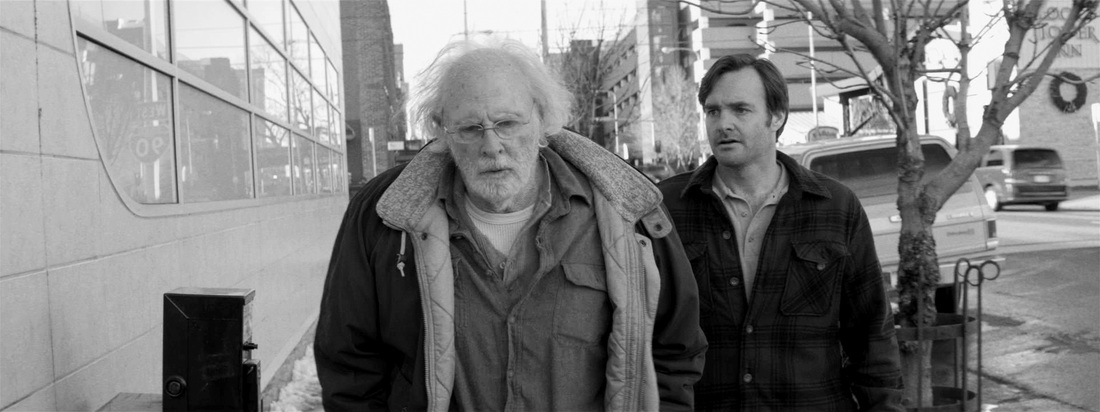

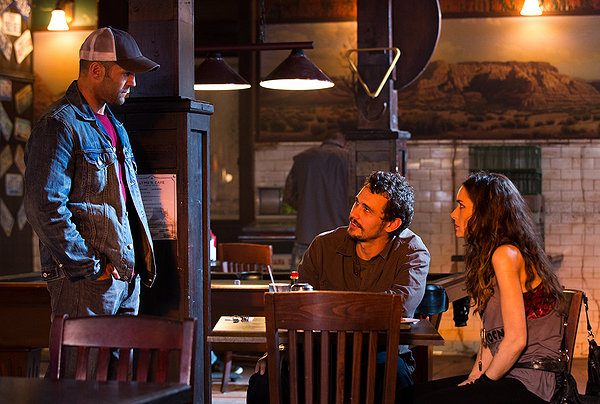
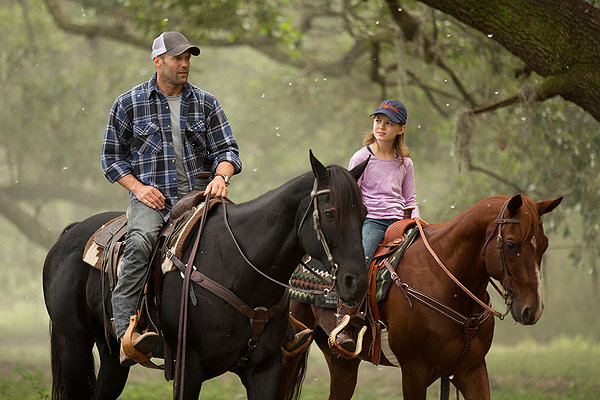
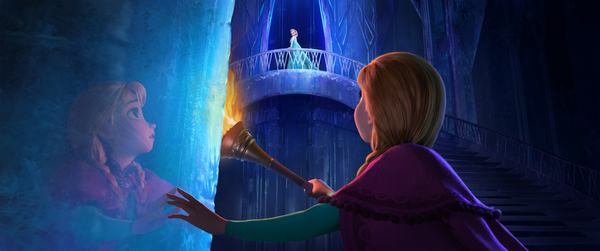
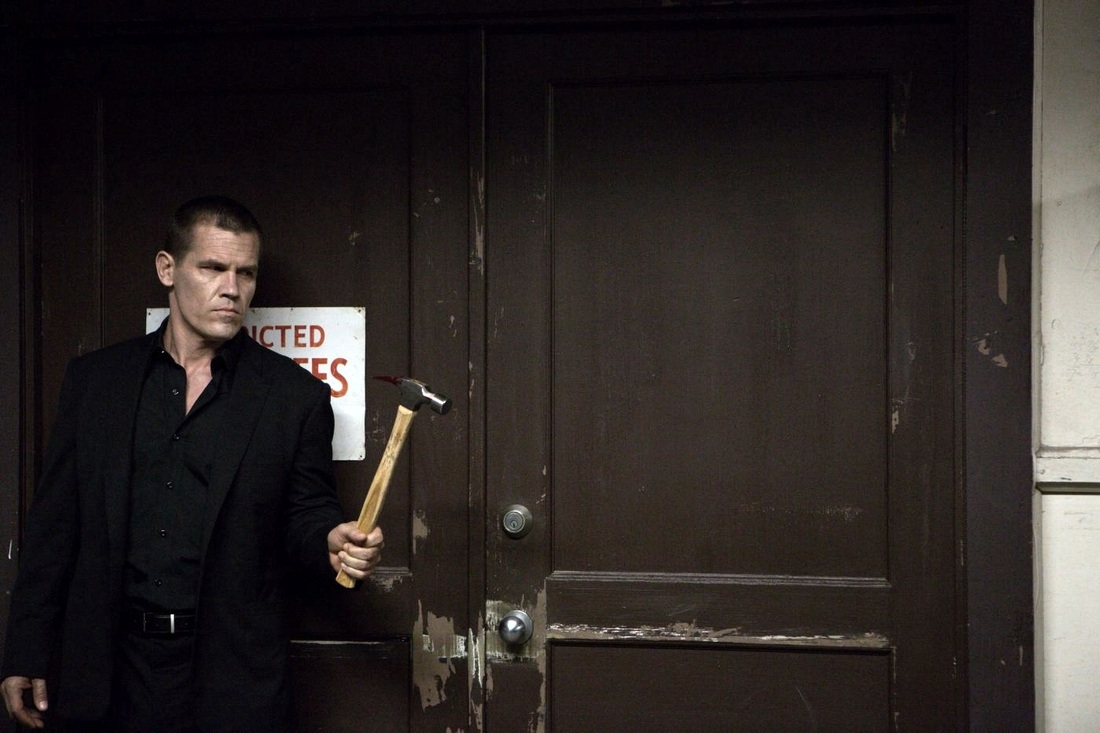

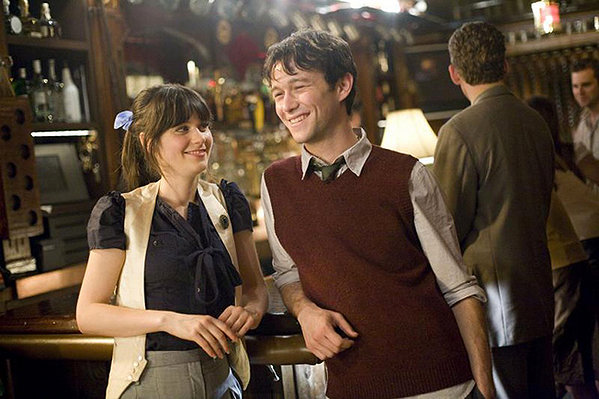
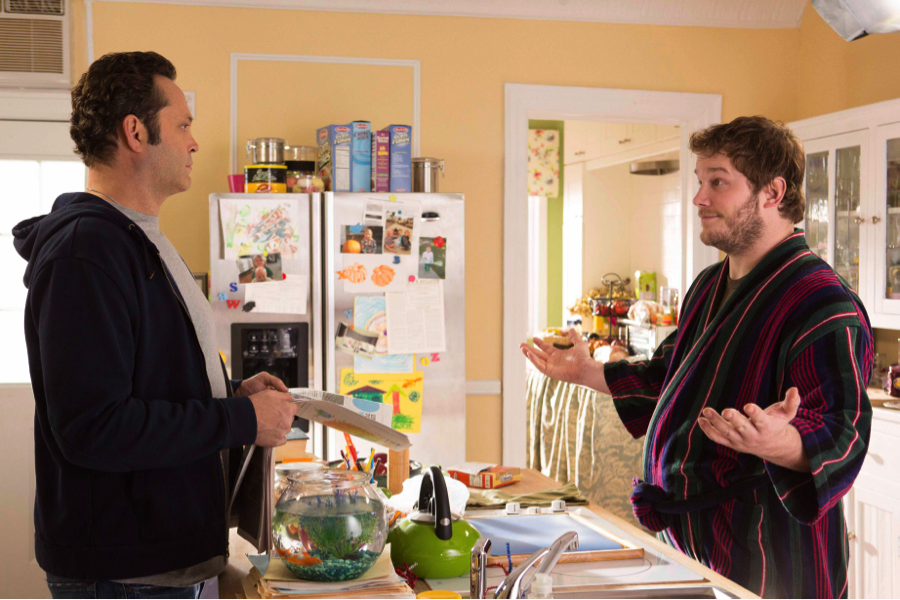





 RSS Feed
RSS Feed
